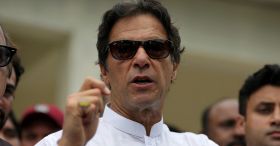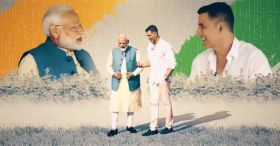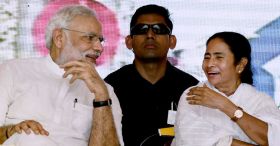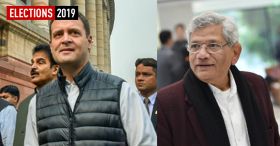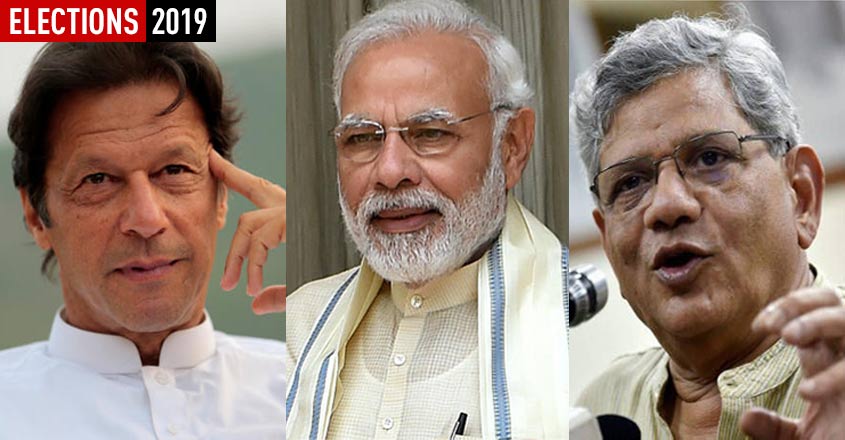
Of late the Pakistan factor is brought up during election campaigns in India. The nationalistic credentials of parties and its leaders are weighed against the perceived proximity to a Pakistani leader or leniency shown to Kashmiri separatists. BJP leaders have alleged on poll trail a few times, Pakistan will be pleased if their political rivals win. The opposition in Indian could corner the ruling dispensation on this matter after Pakistan Prime Minister Imran Khan recently commented that his country has better chance of peace talks with India if Prime Minister Narendra Modi wins the ongoing Indian general elections.
Does Pakistan really want Narendra Modi to continue as prime minister? If so what could be the reason?
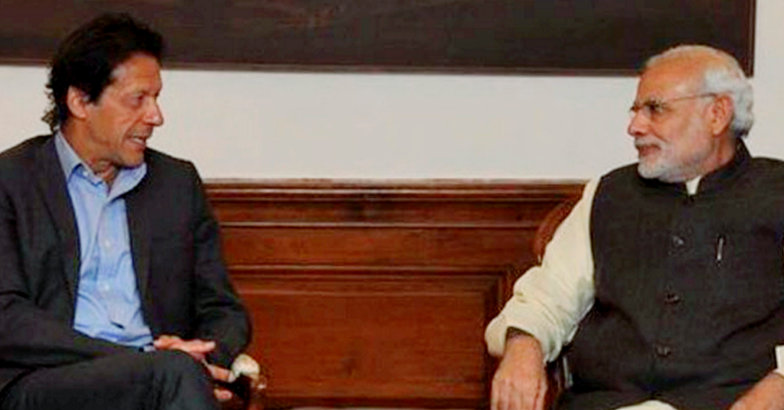
CPM general secretary Sitaram Yechury has cracked the puzzle.
“Pakistan wants communalism to grow in India so that Muslim fundamentalism can be stronger in that country,” he said.
This proves that the prime ministers of both the countries don't favour “peace treaties but favour communal tensions”.
It can be recalled that Imran Khan had told foreign journalists in Islamabad a day before the first phase of Indian polls that there could be better chance of peace talks with India and to settle the Kashmir issue if BJP wins.
“Pakistan wants Modi to win,” Imran Khan had said.
So who is the friend of Pakistan and who is the enemy?
“Modi has been saying that Pakistan is afraid of him. But the truth is that Pakistan wants him to be the PM because the logic is - stronger the Hindu communalism in India, stronger the Muslim fundamentalism in Pakistan. They feed each other,” Yechury said in Kolkata. He was hinting at a nexus between Modi and the Pakistani government.
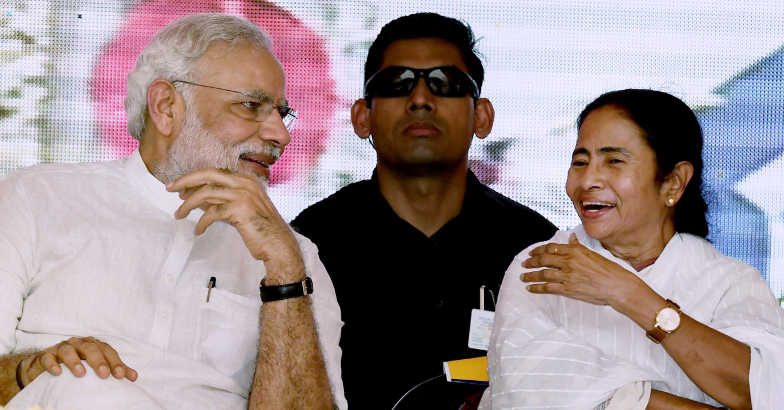
Yechury, who was speaking to reporters at the party office here, said that the situation is "exactly" similar in West Bengal where the ruling Trinamool Congress (TMC) and the BJP are locked in an intense tussle.
“This is exactly what is happening in West Bengal.There is a nexus between the TMC and the BJP. Competitive communalism feeds each other and grows at each others expense and it suits both TMC and BJP,” the CPM leader said.
He said this helps to create an impression that the fight between the two parties is on, but the actual issues of the people were being brushed aside.
The CPM leader also alleged that Modi and other BJP leaders are openly invoking the Armed forces in order to garner votes in violation of the Election Commission's specific instructions on the issue.
“West Bengal Chief Minister Mamata Banerjee is gifting kurta and sweets to Modi. Banerjee said that it was courtesy. My point is why is there so much of secrecy. Yes, we do it occasionally. Kusti and dosti (wrestling and friendship)... that's the point,” he remarked referring to Modi's comment during an interview with actor Akshay Kumar.
“Friendship in Bengal and tussle in Delhi is not going to work any more,” Yechury said.
He said the saffron party would face the same fate as in 2004, when it lost the general elections.
“We have full faith in Indian voters. In 2004 also the BJP raised the issue of opposition being rudderless and they had Atal Bihari Vajpayee leading from the front. But, Manmohan Singh became the prime minister for the next 10 years. This time, too, the same thing is going to happen,” he said.
Left's worry
The CPM-led Left Front (LF), which ruled West Bengal for 34 years at a stretch before suffering a crushing defeat in 2011, is now a divided house, with analysts foreseeing the coalition faring poorly in the coming Lok Sabha polls after the failure of the seat adjustment talks with the Congress.
The LF, which secured around 29.5 per cent of the votes in the 2014 Lok Sabha election, winning two of the state’s 42 seats, saw its vote share come down to 24 per cent two years later in the Assembly polls, when it contested 193 of the 294 seats, leaving the rest to ally Congress.
This is in contrast to the 41 per cent votes it had garnered in 2011, competing in all the 294 seats.
The combine suffered further erosion in a number of by-polls over the last three years, when it ceded much of the opposition space to the BJP.
“If the trend of the last few years continues, they may lose a part of their support base to the BJP. The Left’s major problem is their brand of politics is no longer acceptable to a large section of common people,” political analyst Bimal Shankar said.

